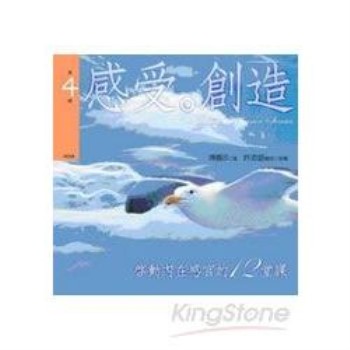This book examines the ways in which indigeneity interacts with climate change politics at multiple levels, and at the same time offers a self-critical reflection on the role of ethnographic research (and researchers) in this process. Through a multi-sited ethnography, it shows how indigeneity and climate change mitigation are at this point so intensely intertwined that one cannot be clearly understood without considering the other. While indigenous identities have been (re)defined in relation to climate change, it argues that indigenous peoples continue to subvert pervasive notions of the nature/culture dichotomy and disrupt our understanding of what it means to be human in relation to nature. It encourages students and researchers in anthropology, international development, and other related fields to engage in more meaningful reflection on the epistemic shortcomings of ’the West’, including in our own research, and to acknowledge the ongoing role of power, coloniality, extractivism, and Whiteness in Climate Change discourses.
| FindBook |
有 1 項符合
Ethnographic Constructions of Indigenous Others: Indigeneity, Climate Change, and the Limits of Western Epistemology的圖書 |
 |
Ethnographic Constructions of Indigenous Others: Indigeneity, Climate Change, and the Limits of Western Epistemology 作者:Byrne 出版社:Routledge 出版日期:2024-04-30 語言:英文 規格:精裝 / 232頁 / 普通級/ 初版 |
| 圖書館借閱 |
| 國家圖書館 | 全國圖書書目資訊網 | 國立公共資訊圖書館 | 電子書服務平台 | MetaCat 跨館整合查詢 |
| 臺北市立圖書館 | 新北市立圖書館 | 基隆市公共圖書館 | 桃園市立圖書館 | 新竹縣公共圖書館 |
| 苗栗縣立圖書館 | 臺中市立圖書館 | 彰化縣公共圖書館 | 南投縣文化局 | 雲林縣公共圖書館 |
| 嘉義縣圖書館 | 臺南市立圖書館 | 高雄市立圖書館 | 屏東縣公共圖書館 | 宜蘭縣公共圖書館 |
| 花蓮縣文化局 | 臺東縣文化處 |
|
|
圖書介紹 - 資料來源:博客來 評分:
圖書名稱:Ethnographic Constructions of Indigenous Others: Indigeneity, Climate Change, and the Limits of Western Epistemology
內容簡介
作者簡介
George Byrne is a post-doctoral researcher at the London School of Economics and Political Science in the Centre for Women Peace and Security. His PhD in International Development at the University of Sussex focused on power and identities in international development, particularly the position of Indigenous Peoples and the role of indigeneity in climate change negotiations. George also holds an MSc in Social Research Methods, an MA in International Relations, and a BA in Latin American Development Studies and Spanish. His current research focusses on reflexive methodologies and the role of power in the interpretation of empirical research.
Carceral Citizens: Labor and Confinement in Puerto Rico
Carceral Citizens: Labor and Confinement in Puerto Rico
Peace Museums: Selected Essays
Area Handbook for the Persian Gulf States
Area Handbook for the Persian Gulf States
Temporary Measures: Migrant Workers and the Developmental State in the Philippines and South Korea
Robert’s Rules of Order
Social Justice Through Sport and Exercise Psychology: Intergenerational Voices and an Embodied Approach
Social Justice Through Sport and Exercise Psychology: Intergenerational Voices and an Embodied Approach
That Futebol Feeling: Sport and Play in Brazil’s Heartland
Carceral Citizens: Labor and Confinement in Puerto Rico
Peace Museums: Selected Essays
Area Handbook for the Persian Gulf States
Area Handbook for the Persian Gulf States
Temporary Measures: Migrant Workers and the Developmental State in the Philippines and South Korea
Robert’s Rules of Order
Social Justice Through Sport and Exercise Psychology: Intergenerational Voices and an Embodied Approach
Social Justice Through Sport and Exercise Psychology: Intergenerational Voices and an Embodied Approach
That Futebol Feeling: Sport and Play in Brazil’s Heartland
|










